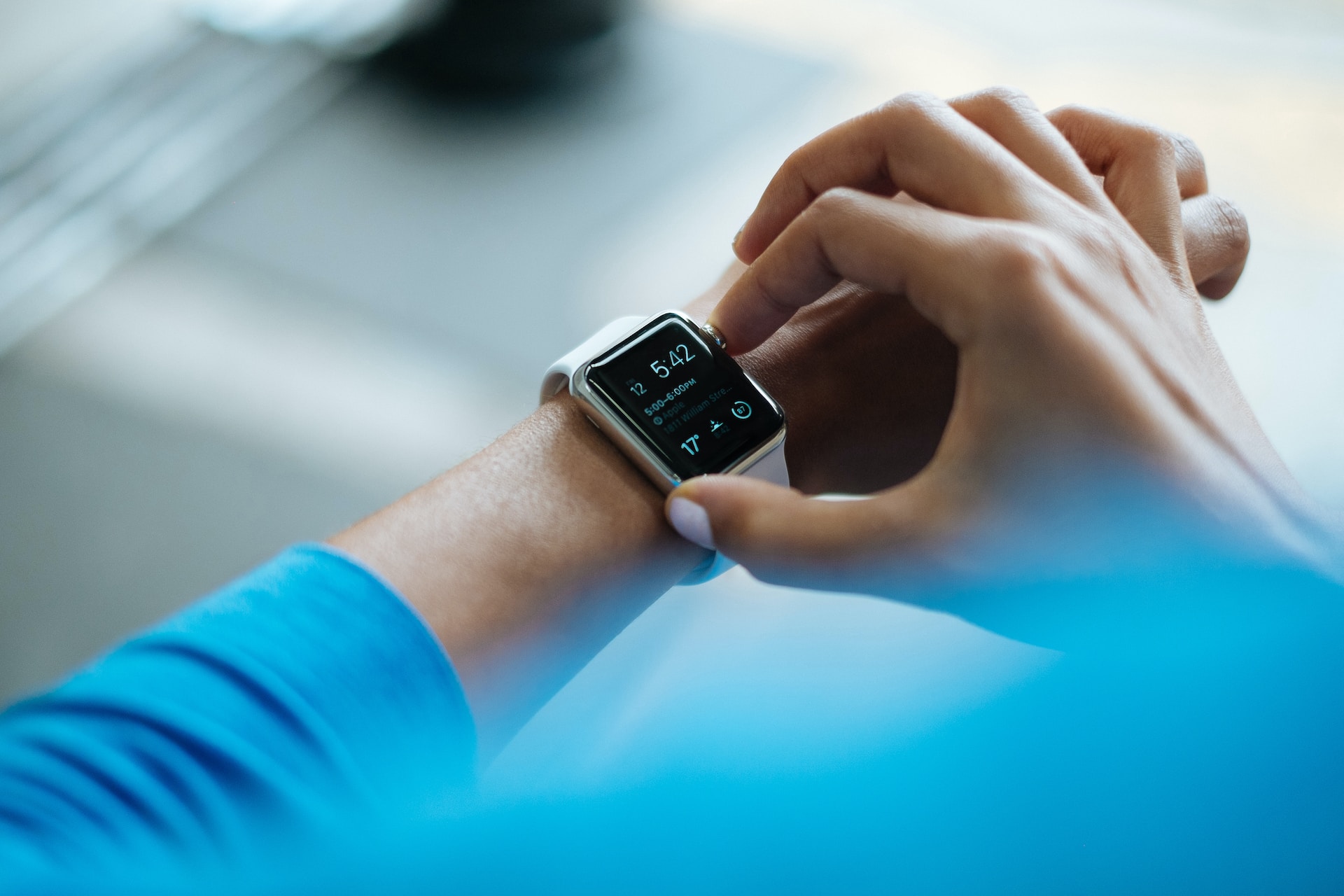In an increasingly connected world, the face of therapy is changing. Digital therapy platforms, apps, and online resources are reshaping how individuals seek help, particularly in the realm of perinatal mental health. For new parents navigating the emotional roller-coaster of welcoming a child, this shift towards digital solutions offers promise and accessibility.
Rise of Wearable Technology for Health
The use of wearable technology has grown significantly in recent years, with individuals embracing devices like smartwatches and fitness trackers to monitor and optimize their health. These gadgets not only provide real-time data and trends on physical health such as activity, sleep patterns, and heart rate, but also offer an opportunity to delve into the realm of mental health.
Wearable technology goes beyond counting steps; it has the potential to provide valuable insights into mental health trends. This is particularly relevant in the context of perinatal mental health, where the early detection of issues is crucial. Wearables can continuously monitor key indicators of mental well-being, such as changes in sleep quality, activity levels, and even mood fluctuations via in-device journaling.
Perinatal Mental Health and Wearable Tech
The journey into parenthood comes with its unique set of challenges, and monitoring mental health during this period is of paramount importance. Wearable tech can play a pivotal role in tracking trends specific to perinatal mental health. For instance, the most common observation from new parents is how little sleep they get in the first few months. Wearables can detect disruptions in sleep patterns, variations in physical activity, and even subtle changes in mood that may indicate the onset of perinatal mood and anxiety disorders (PMAD).
Moodr Health's Approach
Enter Moodr Health, where wearable tech meets personalized care. Clinicians at Moodr utilize wearable data to gain a comprehensive understanding of an individual's mental health during the perinatal period. By integrating data from wearables such as Fitbit and leveraging Moodr's platform, clinicians can identify potential issues early on.
Armed with the insights from wearable tech, a clinician using Moodr can proactively intervene to prevent and treat PMAD. For instance, if a new mother is experiencing disrupted sleep and reduced physical activity, indicators of a potential PMAD, the clinician can quickly formulate a tailored intervention plan. This might involve support for improving sleep hygiene, encouraging physical activity, or connecting the mother with additional resources.
Conclusion
Wearable technology is not merely a tech trend. Like the smartphone, it’s gradually being adopted more and more and is a powerful tool that can positively impact perinatal mental healthcare. The ability to track trends and intervene in real-time is a game-changer for both clinicians and new parents. As we navigate the intersection of technology and healthcare, the integration of wearables into perinatal mental health monitoring acts as a watchful companion, offering timely and personalized support during this transformative period in one's life. Thanks to the power of wearable tech, the future of perinatal mental health is becoming clearer and more connected.




